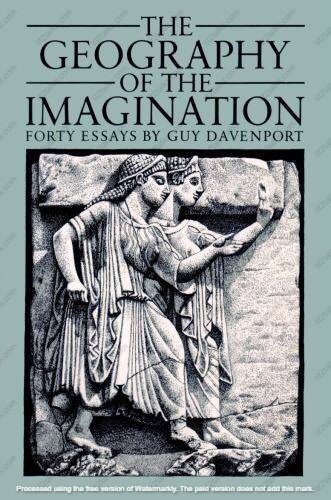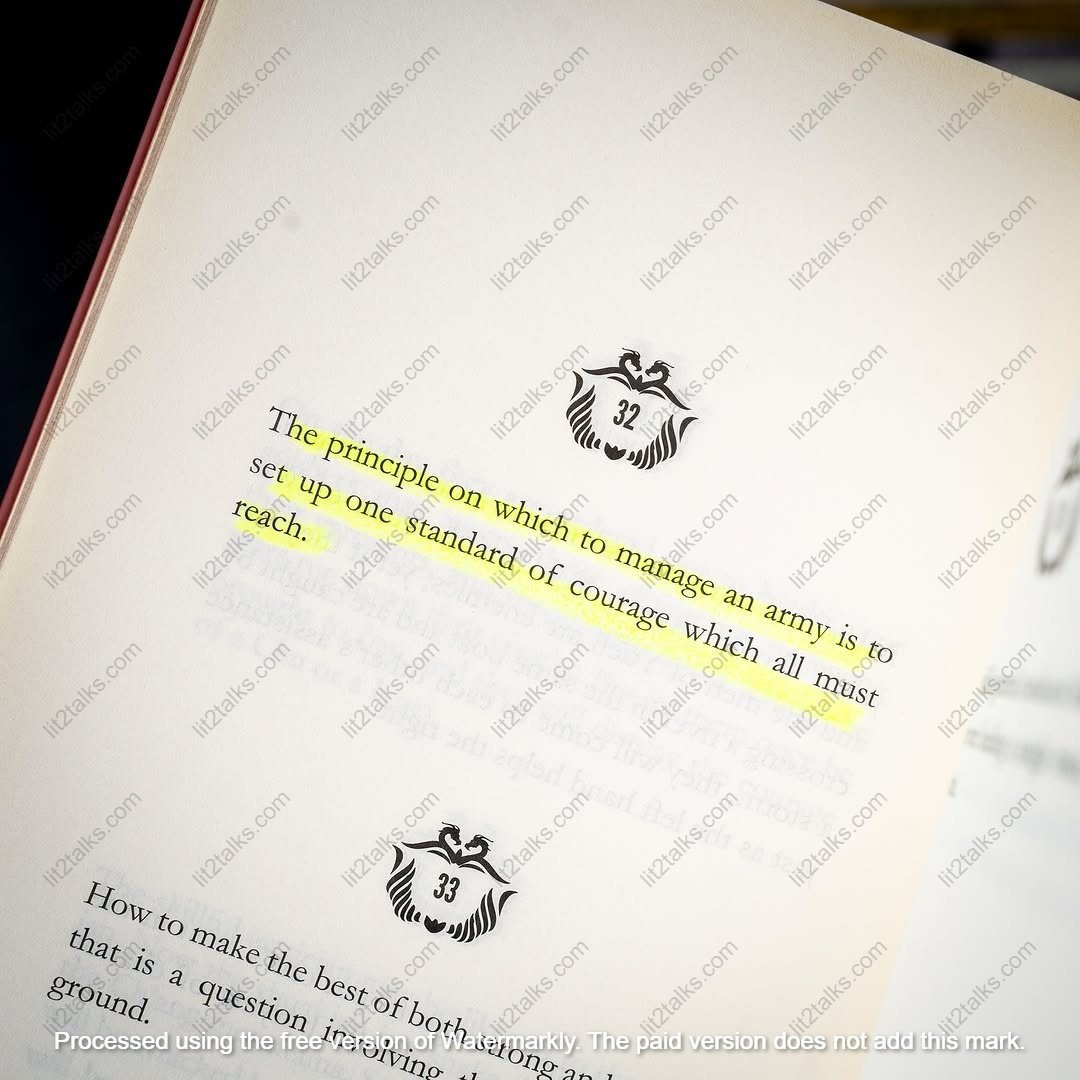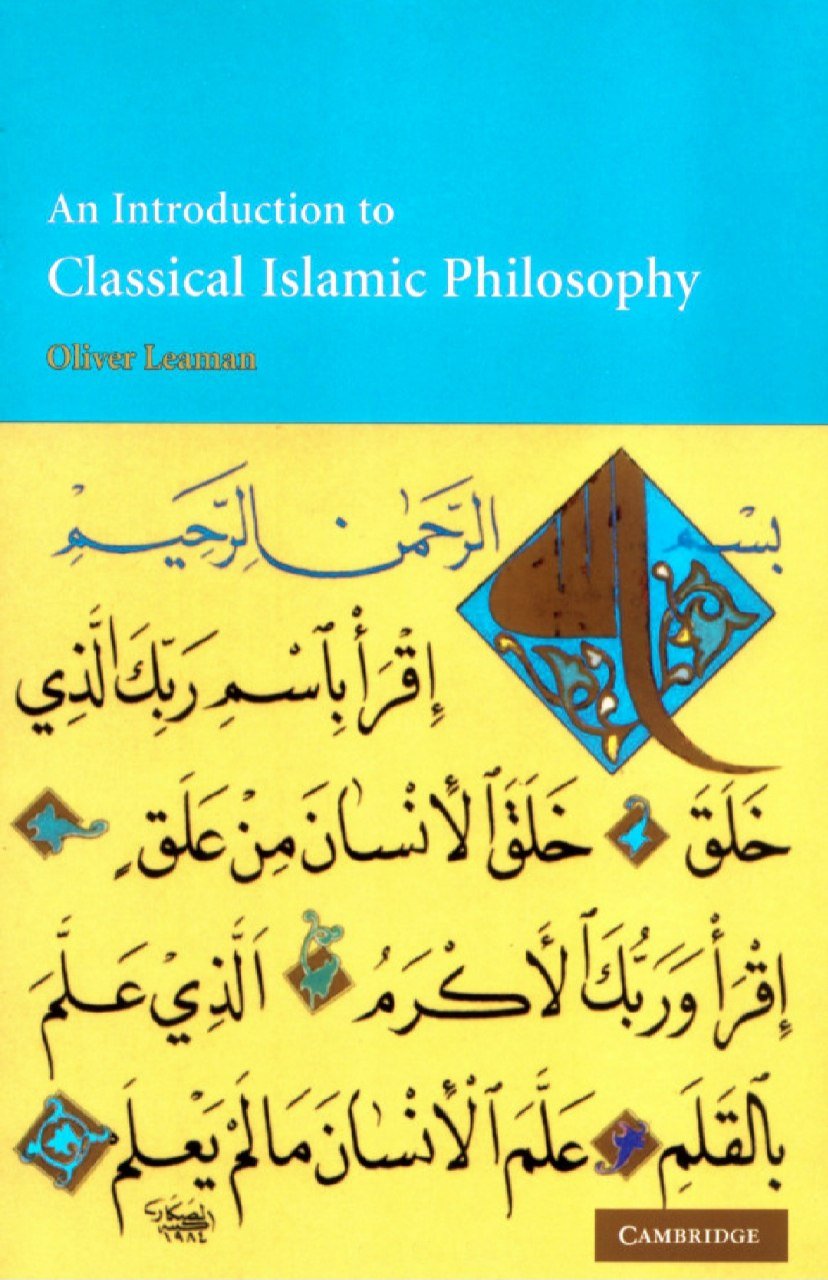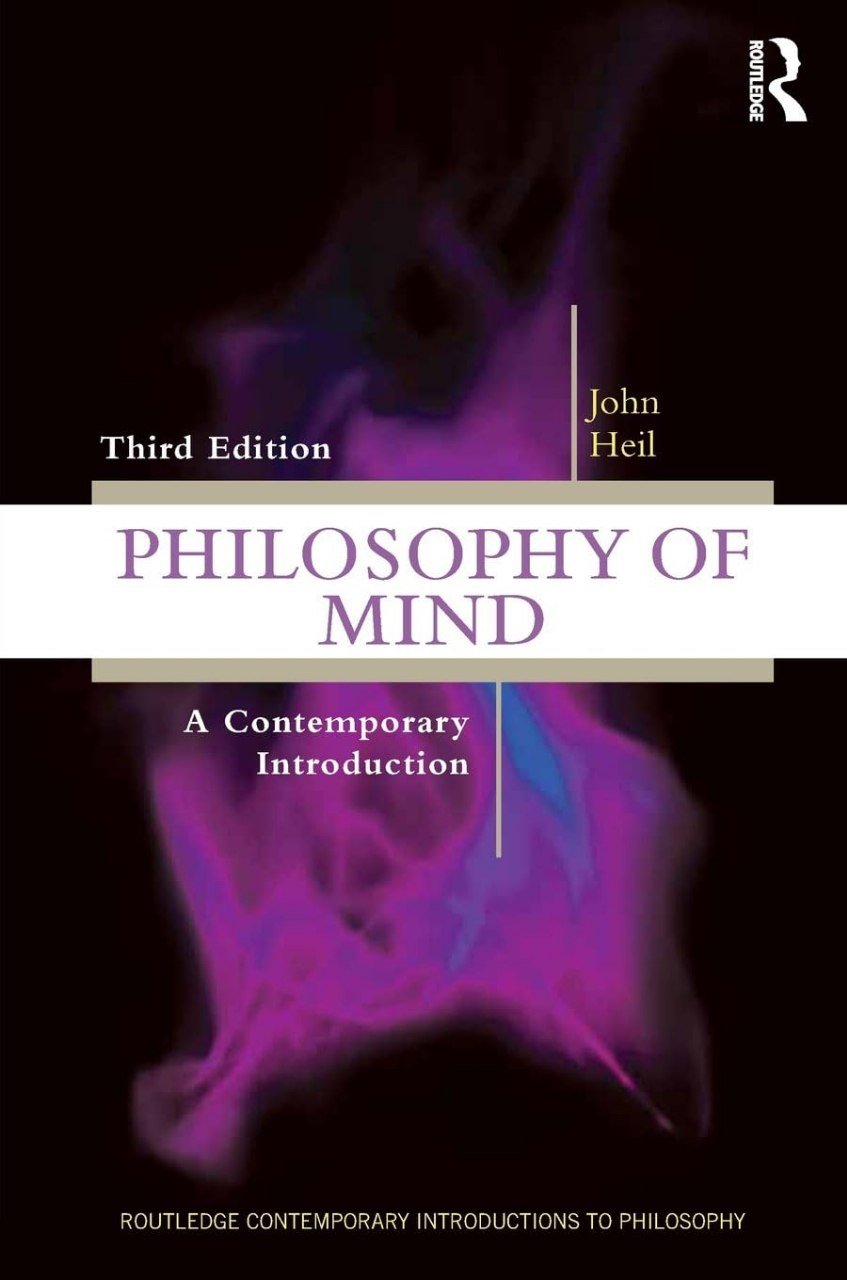

Philosophy in the Hellenistic and Roman Worlds Volume 2
Reviews
No review yet. Be the first to review this book!
Description
Philosophy in the Hellenistic and Roman Worlds: A History of Philosophy Without Any Gaps, Volume 2 by Peter Adamson is an engaging and comprehensive exploration of the philosophical traditions that flourished in the centuries following Aristotle and Plato. As the second installment in Adamson’s acclaimed History of Philosophy Without Any Gaps series, this volume delves into the rich and diverse intellectual landscape of the Hellenistic and Roman periods, offering readers a deeper understanding of how philosophy evolved during an era often overlooked or dismissed as a mere epilogue to classical Greek thought. In this book, Adamson examines the major philosophical schools that defined the Hellenistic era—Epicureanism, Stoicism, and Skepticism—as well as the enduring influence of Platonism and Aristotelianism in the Roman world. Each of these schools provided unique answers to fundamental questions about the nature of reality, ethics, human happiness, and knowledge. Adamson presents their doctrines with clarity and wit, showing how these ancient thinkers addressed the practical concerns of life, such as how to achieve tranquility and virtue in a turbulent world. Epicurus, for example, is portrayed not as a simple hedonist but as a sophisticated philosopher who proposed a theory of atomism and a life of modest pleasure as the path to true happiness. The Stoics, from Zeno to Marcus Aurelius, are shown as offering a powerful vision of rational self-control and moral duty, emphasizing living in harmony with nature and the universal reason (logos). Skeptic philosophers, such as Pyrrho and Sextus Empiricus, challenged dogmatic certainty and advocated for a suspension of judgment (epoché) as a route to inner peace. The volume also covers the later revival and transformation of Platonism in the Roman Empire, culminating in the works of Plotinus and the Neoplatonists, who would profoundly influence later Christian, Jewish, and Islamic thought. Adamson takes care to highlight the interconnectedness of these traditions and the lively debates that took place among philosophers who grappled with competing views on ethics, metaphysics, epistemology, and theology. One of the strengths of Adamson’s approach is his commitment to inclusivity and accessibility. He ensures that readers encounter not only the most famous philosophers but also lesser-known figures, including women philosophers like Hypatia, and diverse philosophical traditions that extend beyond the traditional boundaries of ancient Greece and Rome. With his characteristic humor, clarity, and attention to historical context, Adamson makes complex philosophical ideas approachable for both newcomers and seasoned scholars. He brings to life the philosophical debates of the Hellenistic and Roman worlds, showing their continued relevance and impact on the development of philosophy as a discipline. Philosophy in the Hellenistic and Roman Worlds is a vital contribution to the understanding of ancient philosophy. It fills an important gap in the historical narrative by offering a detailed, engaging, and inclusive account of an era that shaped the intellectual foundations of Western thought. Whether you are a student of philosophy, a historian, or simply curious about the philosophical heritage of antiquity, this volume provides a rich and rewarding journey through one of the most dynamic periods in philosophical history.



 May 03, 2025
May 03, 2025




 May 03, 2025
May 03, 2025
 May 03, 2025
May 03, 2025


 May 03, 2025
May 03, 2025














.jpg)
.jpeg)
.jpg)
.png)

.jpg)

.jpg)









.jpg)





.jpeg)

.jpg)













.jpg)
.jpeg)



.jpeg)






.jpg)










.jpeg)

















































